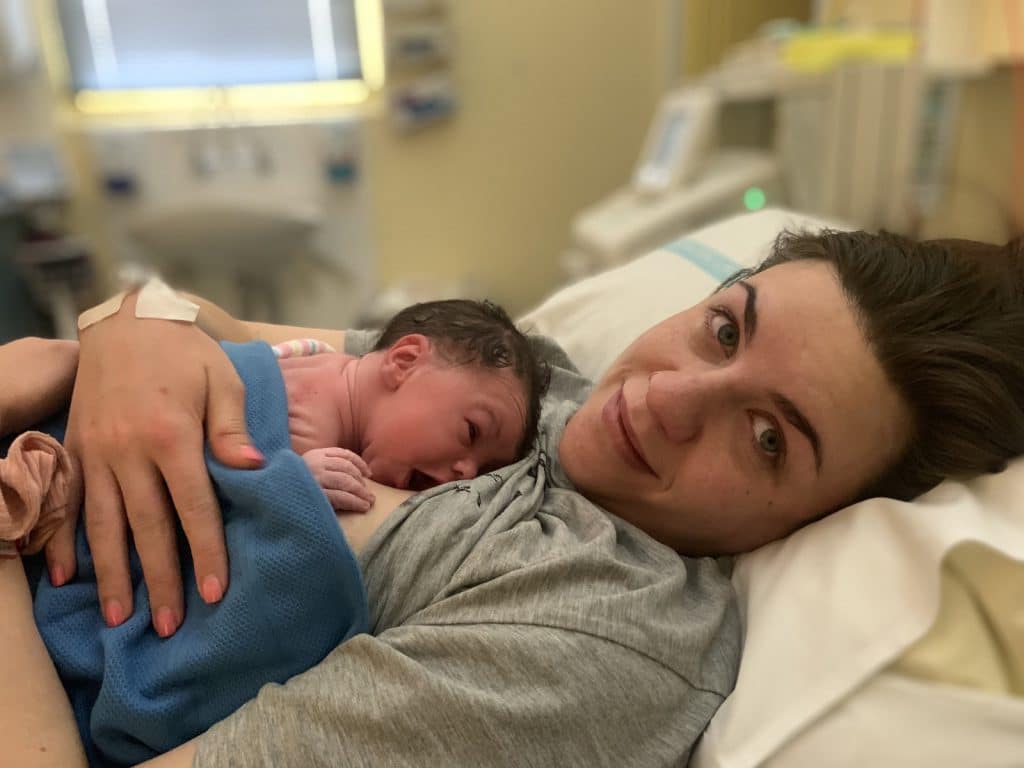
Guest Post: Ainsley’s Endo Story
Ainsley shares her story of heartbreak and hope as she fought to find answers and support for her chronic endometriosis pain and recurrent pregnancy loss.
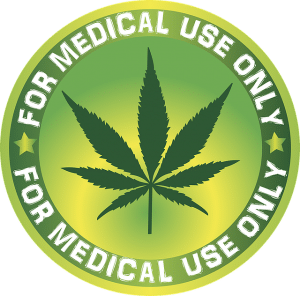
Medicinal cannabis has been legal to prescribe in Australia since 2016. Recreational use of cannabis is still illegal in Australia. Medicinal cannabis products are considered ‘unapproved medicines’ by the Therapeutic Goods Administration (TGA), the government body that regulates medicines and complementary medicines. Thus, whilst it is legal to have medicinal cannabis prescribed, it’s not simply a matter of going into your local general practitioner and asking for a prescription. This article will discuss the regulations around prescribing of medicinal cannabis in Australia and how patients are able to access medicinal cannabis legally.
Regulations around access to medicinal cannabis for patients
Access to medicinal cannabis has been legal in Australia since 2016. This means that it is legal for particular medicinal cannabis products, imported or manufactured by companies with appropriate licenses to do so, to be prescribed by a medical practitioner. It is not legal for you to grow your own plants for personal use in your backyard. It is not legal to buy cannabis from anyone, regardless of whether it’s for medicinal reasons, unless it is prescribed by a medical practitioner through one of the Therapeutic Goods Administration’s Schemes. Here is where it gets complicated.
Medicinal cannabis is treated as a pharmaceutical rather than a herbal medicine by the TGA, and products are also considered ‘unapproved medicines’. As a result, there is a complex prescribing process that must be followed (discussed later). Two of the main constituents of the plant Cannabis Sativa (cannabis) are tetrahydrocannabinol (THC) and cannabidiol (CBD). These are both types of ‘phytocannabinoids’ (‘phyto’ meaning ‘plant’), phytocannabinoids being one of the main categories of active constituents in the plant. THC has potentially intoxicating effects that are dose dependent. CBD does not have such intoxicating effects. THC is contained in Schedule 8 (Controlled Drugs) and CBD is contained in Schedule 4 (Prescription Only medicines) of the national Standard for the Uniform Scheduling of Drugs and Poisons (SUSMP). The SUSMP is the national drugs and poisons code, and the schedules are categories with specific criteria around access- the higher the number, the more restrictions are placed on access, in order to protect public health. The entries of the SUSMP are generally adopted into state and territory drugs and poisons codes and lists because access to drugs and poisons is controlled by state and territory legislation. By including THC and CBD, the main constituents of medicinal cannabis products, in the SUSMP, this automatically restricts access to consumers by requiring them to go to a medical practitioner. You cannot buy CBD products over the counter, unlike in Europe, Canada and some states in the US.
Doctors must first gain approval to prescribe medicinal cannabis for patients
Because medicinal cannabis is considered an ‘unapproved medicine’ by the TGA, the doctor must gain approval from the TGA to prescribe it. There are two main TGA schemes by which a doctor may gain approval to prescribe medicinal cannabis products to a patient: the Special Access Scheme-B (SAS-B) and the Authorised Prescriber (AP) Scheme (there is also an SAS-A scheme for end of life prescribing when death is imminent). Under the SAS-B, the doctor applies to prescribe a specific medicinal cannabis product for that particular patient, typically via an online form on the TGA website. If they want to prescribe a Schedule 8 medicinal cannabis product (which is any product containing THC or a CBD product where CBD constitutes less than 98% of the total cannabinoids), they must also apply to their state/territory health department for permission (since drugs and poisons legislation is state-based in Australia). Thankfully, the TGA online application form now goes to both the TGA and the state/territory health department (except for Tasmania), cutting down on paperwork for doctors.
Under the Authorised Prescriber Scheme, the doctor applies for permission to prescribe specific medicinal cannabis products for particular medical condition(s). This means that once approved to prescribe for a particular condition, they don’t have to apply to the TGA for each new patient with that particular condition. However, if they are going to prescribe a Schedule 8 product, then they still must apply to their state and territory health department for approval for that particular patient. The AP process is very time consuming for doctors- they must be first be approved by an ethics committee or specialist college, then once approved there, apply to the TGA for final approval.
To make matters a bit more difficult, the type of doctor who can prescribe medicinal cannabis varies from state to state in Australia. In Tasmania, for example, only specialists may prescribe it. In other states and territories, general practitioners may prescribe it, though in some, they may need a specialist to support the application.
Are many doctors prescribing medicinal cannabis?
As of the end of April 2019, the TGA has approved more than 6300 SAS-B applications for medicinal cannabis. This figure does not mean 6300 patients though, as each time a new prescription for the same patient is written, it requires another SAS-B form to be completed. It is not known how many patients this figure actually represents. As of the end of April 2019, there were 57 authorised prescribers approved by the TGA.
Why aren’t there more doctors prescribing medicinal cannabis?
There are not many doctors prescribing medicinal cannabis at this point in time (however the good news is that the number of SAS-B applications is increasing). This is likely to simply be due to lack of knowledge about medicinal cannabis, its evidence-base (that is, scientific evidence that it is effective), how to prescribe it, and the fact that it’s only been legal to prescribe since 2016.
Medicinal cannabis products are also different to standard pharmaceuticals, and this might be a factor. Most medicinal cannabis products available legally in Australia are in the form of oils in bottles and prescribing must be individualised to the patient (a concept familiar to herbalists). Most are whole plant extracts or extracts of CBD and/or THC, often blended together in various ratios. In my opinion, these are clearly herbal medicines. There are synthetic cannabis products on the market also- synthetic copies of single molecules of the main phytocannabinoids. These have the advantage of a high degree of reproducibility, though whether they are more or less efficacious than a whole plant medicine remains to be seen. These are clearly pharmaceuticals. There are over 500 chemical constituents in the cannabis plant, and THC and CBD are only two of phytocannabinoids isolated from the plant. There are also at least 140 terpenes, which give the oil its characteristic smell and these also have therapeutic properties. It is believed that these constituents of the plant work in synergy to create a therapeutic effect beyond the effect created by just one constituent.
The TGA does not consider medicinal cannabis products as a first-line therapy and states this clearly on its website. This means there is an expectation that other approved medicines will have been tried first. Incidentally, this is not something this author agrees with- it is the right of the consumer to be able to choose how they want to address their health issues, ideally in consultation with their healthcare practitioner.
Education and dispelling myths
There are many myths around about cannabis, and that is unfortunate as many are simply not true. There is quite a lot of scientific evidence about how cannabis works, its effects in the body and its effectiveness in a range of conditions. In other conditions, more evidence is needed. Education about medicinal cannabis is crucial in dispelling some of these inaccurate ideas, and empowering both doctors and patients. The not-for-profit organization Global Health Initiative, of which the author is CEO, is presenting its first conference on medicinal cannabis and mental health for practitioners in July 2019. It will also be developing online courses for healthcare practitioners as well as the public in the near future, and it has begun a Medicinal Cannabis Practitioner Register so that patients will be able to find a practitioner quickly.
How can I get access to medicinal cannabis products as a patient with endometriosis?
If you, as a patient, are considering if medicinal cannabis could be helpful for your endometriosis symptoms, you need to find a practitioner who is knowledgeable in medicinal cannabis and is happy to prescribe it. Black market sources are definitely not recommended – you have no real knowledge of what you could be getting and there is no quality control. That’s what the TGA does very well in Australia- quality control of medicines and complementary medicines in order to protect the public.
Your doctor will discuss whether medicinal cannabis might be suitable for you or not. The TGA make it very clear that medicinal cannabis is not a ‘first-line therapy’ meaning that other treatment options should have been tried first. If you and your doctor decide that medicinal cannabis is appropriate for you to try, then she/he will either apply to prescribe it via the SAS-B Scheme (which has a turnaround time of within 48 hours) or if they are an authorised prescriber already, they will write a prescription. However, if it is a Schedule 8 product, they need to apply to their state/territory health department for permission to prescribe it. Once you get the prescription, you take it to the pharmacist who then contacts the supplier of the medicinal cannabis product and it will be couriered to the pharmacy. You are then able to collect it. Pharmacies do not keep stock of medicinal cannabis products (in general).
A last thing to remember- in Australia, if you have any amount of THC in your body, and you are pulled over for a drug-driving test and test positive for THC, regardless of whether or not you are impaired by it, you have committed an offence under our driving laws. It doesn’t matter if you have a prescription for the medicinal cannabis product or not- you will be prosecuted under our laws. In Canada where recreational use of cannabis has been legalized in 2018, it is only an offence to drive with THC in your system if you are impaired by it. It is my opinion that our laws need to be changed.
By Professor Kylie O’Brien PhD,
Adjunct Professor at Torrens University. She is CEO of the Global Health Initiative, a not-for-profit organisation focused on medicinal cannabis education and research. She also conducts consultancy work with medicinal cannabis companies.

Ainsley shares her story of heartbreak and hope as she fought to find answers and support for her chronic endometriosis pain and recurrent pregnancy loss.
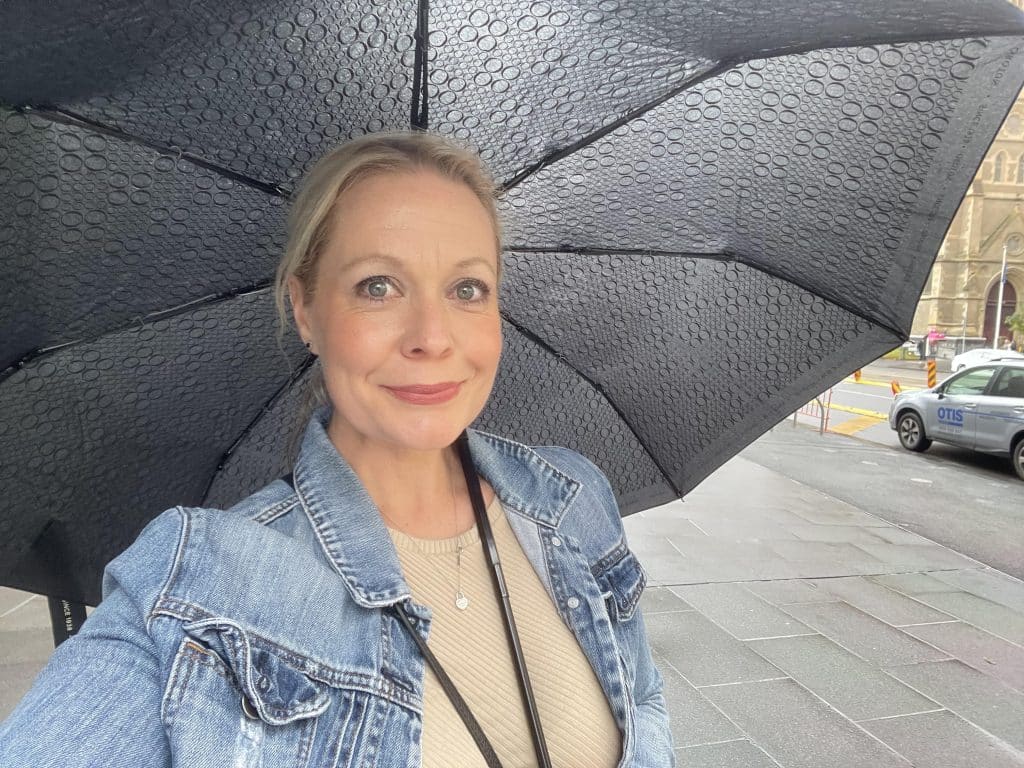
Finally, menopause is out there on social media, and it is no longer a taboo subject – remember, it impacts half the population. Here’s Jadie’s story of medically-induced menopause.
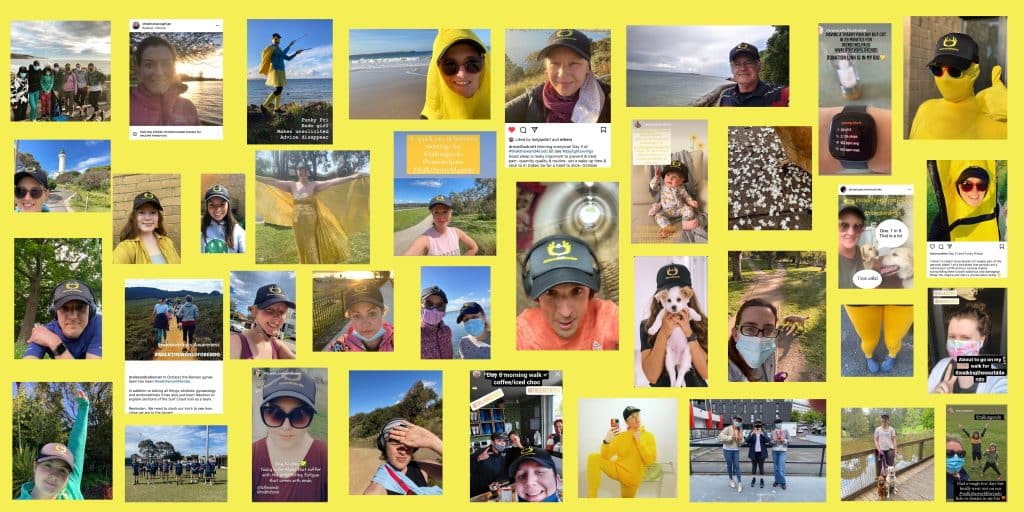
Our first Walk The World 4 Endo was a great success. We had hundreds of walkers take part. As a collective, we walked 13, 588km
Don’t miss a thing! Subscribe to our newsletter

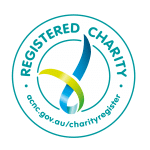
Made by Geelong Media